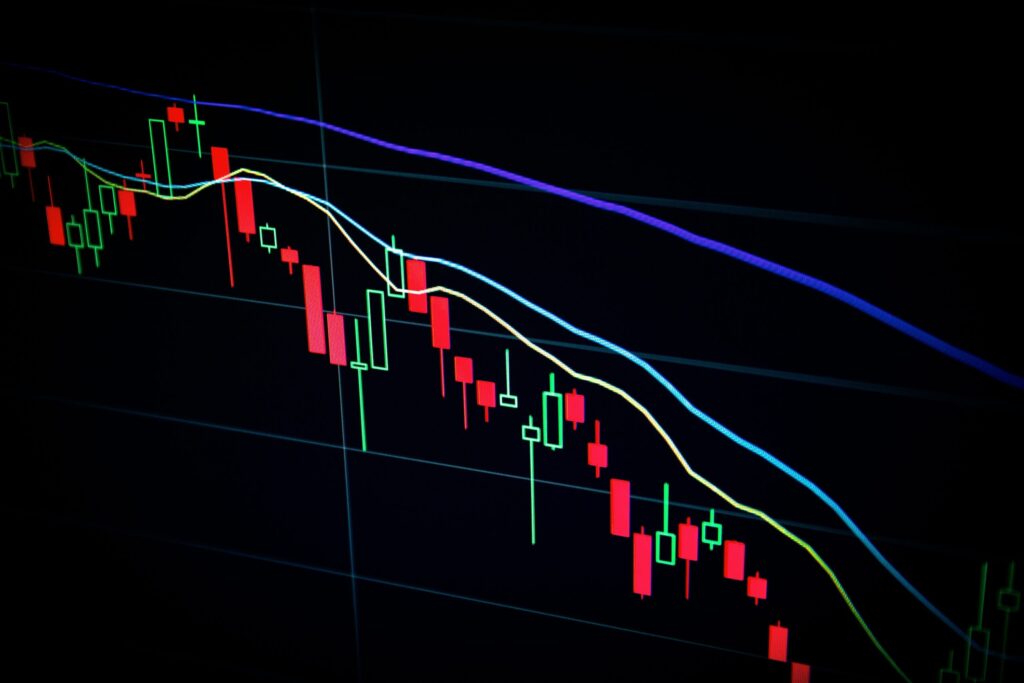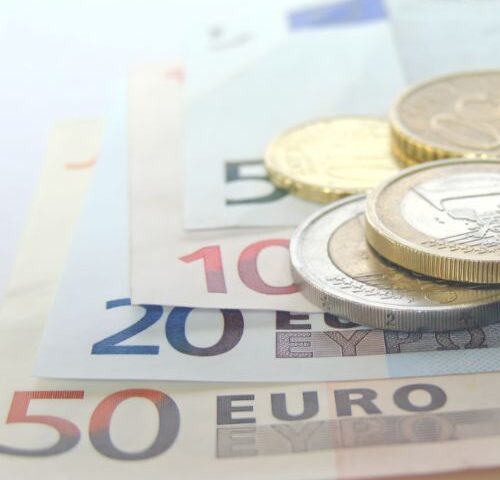The UK’s SME sector is among the most important to the overall health of the economy with 99.9% of private sector firms falling within the category. Testament to this is the growth that many firms have seen over the course of the last 14 months as ambition trumped adversity. This optimism is matched in general sentiment throughout the sector, with 78% of SMEs in the UK, US and France expecting to be profitable by 2022 as restrictions ease.
This month, however, over 1.5million small businesses across the UK will begin to make their first repayments towards bounce-back loans taken out since the advent of lockdown restrictions. But will these firms fare when it comes to repaying their loans? There is considerable optimism here too, at the end of 2020, senior executives at Britain’s top banks estimated that nearly half of the cash loaned was sitting unused in the bank accounts of their recipients.
With rising optimism around reopening and economists predicting a booming 2021 ahead, small firms may be in a better position than thought to repay these debts alongside growth and recovery. In fact, a recent survey revealed that just 1% of SMEs do not ever expect to pay back the loans and over a fifth expect to pay it back in full in the next 12 months.
Luke Davis, CEO of IW Capital – an SME specialist investment house – has commented:
“Small businesses have been among the most resilient sections of society throughout the pandemic, whether that be pivoting business models or simply rallying round to survive one of the toughesteconomic times in recent history. As a result, many are now in a position to grow and thrive post-lockdown in a way that few expected this time last year.
“The bounce-back loans are an example of government help that made a big difference to a lot firms but in many cases they were taken out more for insurance than dire need. So it is no surprise to see that so many have remained untouched, which bodes well for their repayment over the next few years, especially as general economic growth takes hold.
“Multiple businesses in our portfolio have grown considerably and are now ready to get back to normal, from hospitality to sustainable industry. It is indicative of a section of the economy that thrives on creativity and ambition even during tough times and one that investors, in my experience, are looking to support.”






